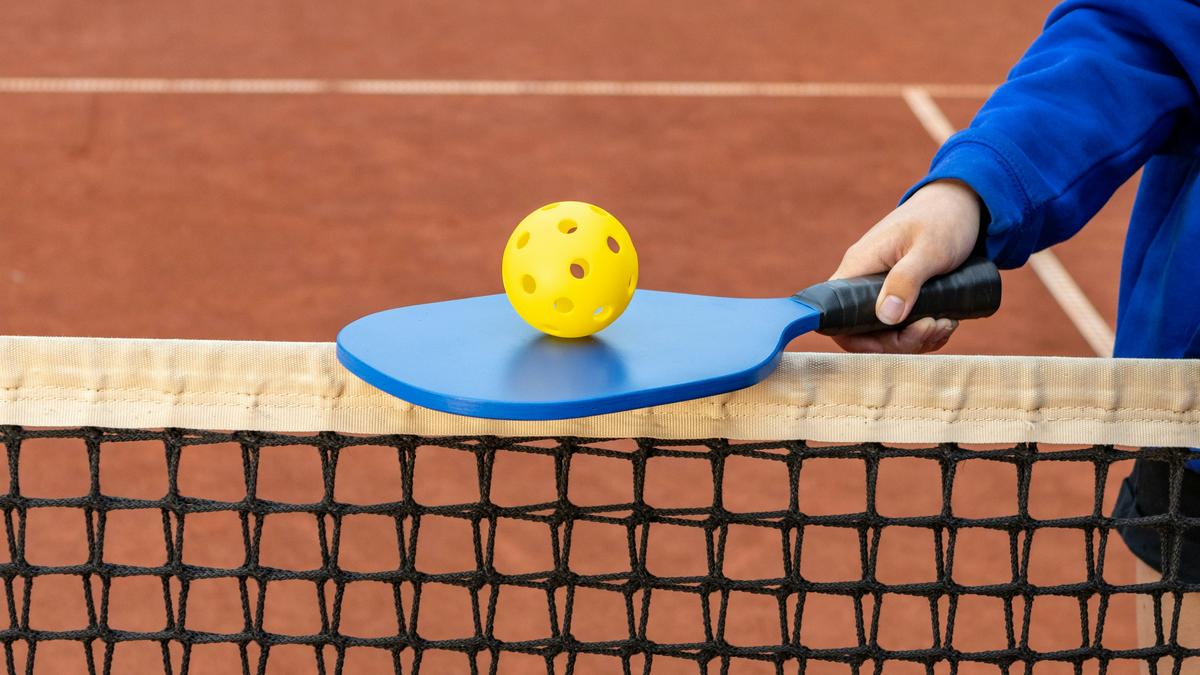Jannik Sinner faces two-year ban as WADA appeal doping case

- by Admin
- September 28, 2024

WADA said it filed the appeal to CAS on Thursday.
“It is WADA’s view that the finding of ‘no fault or negligence’ was not correct under the applicable rules,” WADA said in a statement. “WADA is seeking a period of ineligibility of between one and two years. WADA is not seeking a disqualification of any results, save that which has already been imposed by the tribunal of first instance.”
WADA suggested the rules were not followed correctly despite prosecutor Nicolas Zbinden for tennis’ integrity body – which accepted Sinner’s version of events – being a lawyer who regularly works on high-profile cases for the global watchdog, including the successful appeal against Russian figure skater Kamila Valieva.
“It is difficult to see what will be gained by asking a different set of three judges to look at the same facts and documentation all over again,” Sinner said later in a statement.
“This being said, I have nothing to hide, and as I have done throughout the summer, I will cooperate fully with the appeal process and provide whatever may be needed to prove my innocence once again,” Sinner added.
An appeal verdict at CAS could come quickly – even within just a few months – if the parties agree to cooperate. However, the timeline can stall with the complexities of picking a judging panel, finding a hearing date and parties exchanging documents and evidence from expert witnesses.
During the Indian Wells, California, hard-court event in March, Sinner tested positive for low levels of a metabolite of Clostebol, a banned anabolic steroid that can be used for ophthalmological and dermatological use. Sinner tested positive again eight days later in an out-of-competition sample.
He was provisionally suspended twice by the tennis integrity body because of those test results, but he successfully appealed twice to an independent tribunal judge and was allowed to keep competing on tour.
Loading
Sinner said his test results happened because his fitness trainer purchased an over-the-counter spray called Trofodermin in Italy that contained Clostebol and gave it to Sinner’s physiotherapist to treat a cut on the physiotherapist’s finger. The physiotherapist then treated Sinner without wearing gloves.
Sinner said the amount of banned substance he tested for amounted to “.000000001.”
The ITIA said it accepted Sinner’s explanation, after 10 interviews with the player and his entourage, and the independent panel agreed at a hearing on August 15.
AP
The Latest News
-
December 21, 2024Ravindra Jadeja’s press conference Hindi-English row: What transpired during the Indian star’s interaction with Australian media | Sporting News India
-
December 21, 2024Coco Gauff declared one of the favourites to win Australian Open
-
December 21, 2024From delays to refunds: how Australia’s air passenger charter could affect your travel rights
-
December 21, 2024‘Dream come true’: Emotional Test bolter on shock call-up and classy act from man he replaced
-
December 21, 2024‘Got this wrong’: Former skipper criticises selectors’ call





